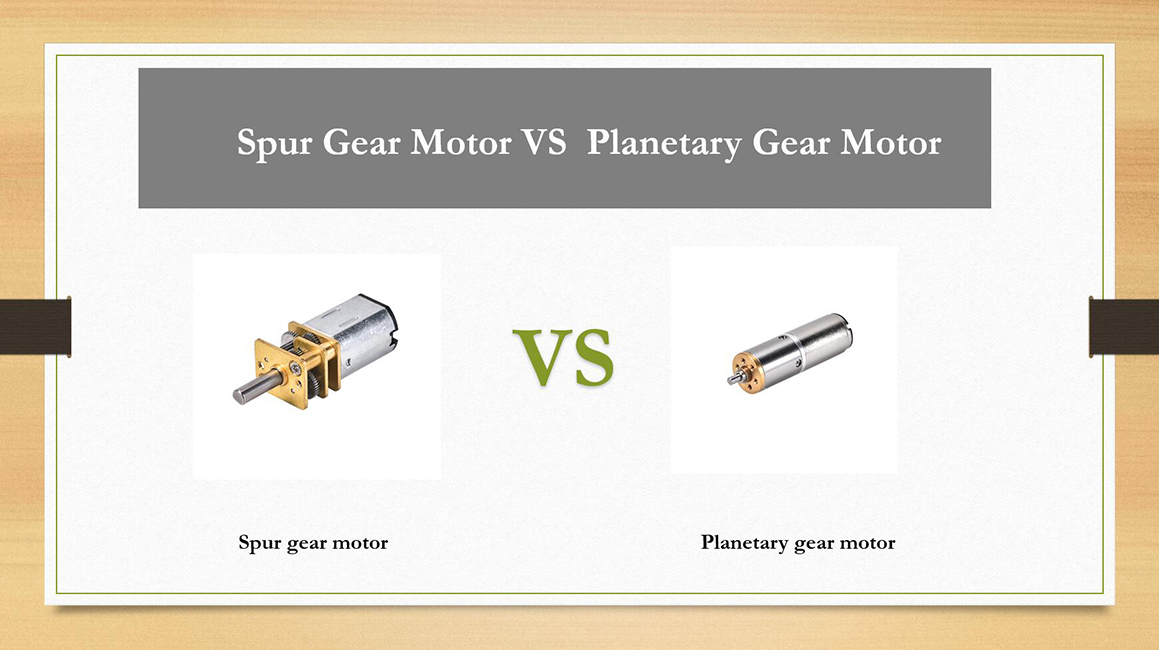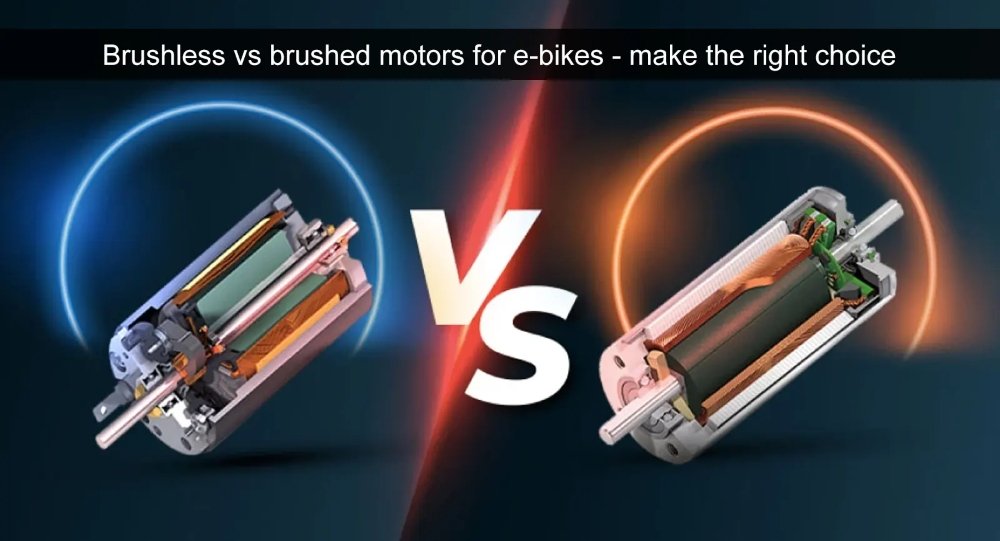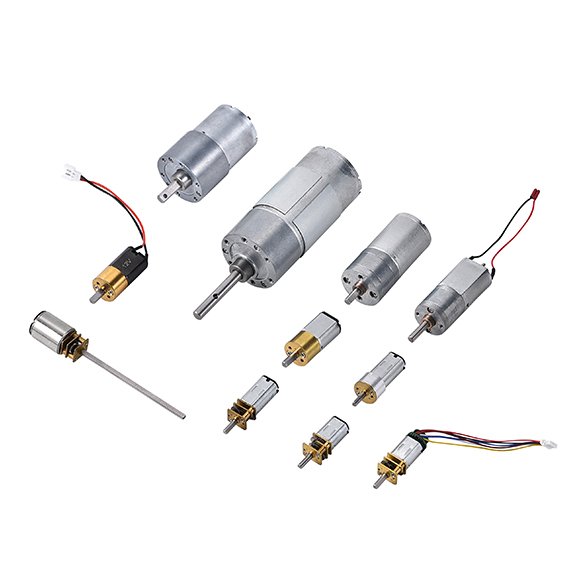High torque gear motors are important for industries needing strong power. These motors save up to 20% energy in factories. They also work better in wind turbines and digging machines. Their secret is boosting torque using special gearboxes.
Planetary gearboxes are small but give strong power.
Worm gearboxes slow things down while making torque stronger.
Helical gearboxes run smoothly even with heavy loads.
Choosing the right gearbox keeps machines working well in many areas, like planes and big equipment.
Key Takeaways
High torque gear motors give more power and use less energy. They are important for factories and renewable energy systems.
Planetary gearboxes are small and work well. They share weight evenly, making them great for jobs needing accuracy and strength.
Worm gearboxes give strong power and can lock themselves for safety. This is useful in things like elevators, but they waste energy because of friction.
Helical gearboxes run smoothly and are very efficient. They are good for carrying heavy loads but cost more to make.
Taking care of gearboxes, like checking oil and alignment, is important. This helps them work better and last longer.
Understanding High Torque Gear Motors
What Are High Torque Gear Motors?
High torque gear motors give strong turning force for industries. They use a motor and gearbox to make torque stronger. These motors work well in robots, conveyor belts, and big machines.
The gearbox changes the motor’s speed into useful torque. It adjusts the gear ratio to give steady power. This makes these motors great for heavy tasks needing reliable performance.
Choosing a high torque gear motor saves energy and boosts power. These motors work accurately, even in tough conditions. They are built for smooth and precise operation.
Key Design Factors for Maximum Power Delivery
Some technical features affect how well these motors work. Knowing these helps you pick the right motor for your needs.
Key Parameters for High Torque Gear Motors
Parameter | Description |
|---|---|
Torque | The strongest turning force the motor can make. |
Speed | How fast the motor spins, measured in rpm. |
Efficiency | How well the motor turns electricity into movement. |
Power | The motor’s energy output, shown in Watts. |
Torque shows how much weight the motor can handle. Speed helps the motor run smoothly under pressure. Efficiency tells how much energy is turned into movement, which is important for saving power. Power shows how strong the motor is overall.
These motors are carefully designed for accuracy and dependability. By improving these features, you can get better performance and save energy for your tasks.
Planetary Gearbox Design in High Torque Applications
How Planetary Gearboxes Work
Planetary gearboxes give strong torque and work very efficiently. They have three main parts: the sun gear, planet gears, and ring gear. The sun gear is in the middle, with planet gears around it. These planet gears move inside the ring gear. This setup spreads the load evenly, making the gearbox stronger and less stressed.
The design of planetary gearboxes allows them to be small but powerful. When the motor sends power to the sun gear, it moves the planet gears. These gears then turn inside the ring gear. This setup increases torque and keeps movements precise. It’s a great choice for tasks needing accuracy and high torque.
Tip: Planetary gearboxes share loads well, making them great for high torque. But, they need careful design to handle vibrations at high speeds.
Advantages and Disadvantages of Planetary Gearmotors
Planetary gearmotors have many benefits for industries. They are small and efficient, giving strong torque in tight spaces. By spreading the load, they last longer and use less energy. This makes them perfect for tasks needing precision and power.
Aspect | Details |
|---|---|
High Efficiency | They lose less energy from friction and heat. |
Durability | Load-sharing reduces stress on parts, making them last longer. |
Compact Size | Their small size fits in tight spaces easily. |
High Precision | They control movements accurately, even with heavy loads. |
However, planetary gearmotors have some downsides. Their complex design can cost more to make and fix. Also, vibrations at high speeds need special attention to avoid problems.
Applications of Planetary Gearmotors
Planetary gearmotors are great for jobs needing power and precision. Robots use them because they are small and accurate. Factories use them in machines to handle heavy loads efficiently. Wind turbines also use them for their strong torque and energy-saving design.
Application | Details |
|---|---|
Mars Rovers | Work in extreme cold, giving steady torque. |
Industrial Power Generation | Cut energy use by 15% in factories. |
Renewable Energy Systems | Boost torque in solar and wind systems. |
In tough places like space, planetary gearmotors work well. For example, Mars rovers use them in freezing temperatures as low as −105 °C. This shows how reliable and versatile they are for tough and precise tasks.
Note: When picking a planetary gearbox, think about load-sharing, vibration, and temperature limits for the best results.
Worm Gearbox Design in High Torque Applications
How Worm Gearboxes Work
Worm gearboxes are special gears that give strong torque. They have two main parts: a worm (like a screw) and a worm wheel (a gear with teeth). The worm turns the wheel, moving power at a right angle. This setup slows speed but increases torque, making it great for tasks needing control and strength.
One cool feature is their self-locking ability. The worm wheel can’t turn the worm backward. This stops reverse motion, making them safe for things like elevators. But, the sliding between the worm and wheel causes friction. This can create heat and wear over time.
Did You Know? Worm gearboxes use strong materials like steel and bronze. These materials reduce wear and last longer. Using good oil, like polyglycol-based oil, also lowers heat and friction.
Advantages and Disadvantages of Worm Gearboxes
Worm gearboxes have many good points for industries. They are small but give strong torque. Their quiet and smooth operation is perfect for places needing less noise.
Advantages | Details |
|---|---|
High Torque Output | Gives strong power even at slow speeds. |
Self-Locking Mechanism | Stops reverse motion for better safety. |
Compact Design | Fits in small spaces without losing power. |
High Precision | Controls movements accurately for delicate tasks. |
However, worm gearboxes also have some downsides. They lose energy because of sliding friction. This makes them less efficient than other gears. Friction also creates heat, which can cause faster wear if not managed.
Disadvantages | Details |
|---|---|
Lower Efficiency | Friction wastes energy and creates heat. |
Wear and Tear | Friction wears out the worm wheel over time. |
Heat Generation | Needs good cooling and oil to work well. |
Applications of Worm Gearboxes
Worm gearboxes are used in jobs needing strong torque and accuracy. They are common in elevators, conveyor belts, and heavy machines. Their smooth and reliable performance makes them a top choice for industries.
Application | Details |
|---|---|
Elevators | Lifts safely with self-locking features. |
Conveyor Systems | Controls speed for moving materials. |
Heavy Machinery | Handles tough jobs with strong torque. |
Robotics | Moves robotic arms with high precision. |
Worm gearboxes are also used in wind turbines for renewable energy. They handle strong torque and changing speeds, saving energy in the process.
Tip: To keep a worm gearbox working well, check for wear and use good oil. This helps it stay efficient and avoid overheating.
Helical Gearbox Design in High Torque Applications
How Helical Gearboxes Work
Helical gearboxes are great for smooth and powerful performance. They use gears with slanted teeth that connect gradually as they turn. This design lowers noise and vibration, making them perfect for jobs needing precision and strength. The slanted teeth also let the gears touch more, boosting strength and efficiency.
These gearboxes work well in systems with high torque and speed. They can handle heavy loads without losing performance. Tests, like those using ANSYS Workbench, show where stress builds up on gear teeth. Engineers improve durability and efficiency by adjusting the gear angles and shapes.
Note: Many helical gearboxes use double-helical designs. This balances forces, reduces wear, and improves stability.
Advantages and Disadvantages of Helical Gearboxes
Helical gearboxes have many benefits for industries. They run quietly and efficiently, even with heavy loads. They also offer high reduction ratios, which are important for strong torque.
Advantages | Details |
|---|---|
High Efficiency | Less friction means better energy use. |
Smooth Operation | Slanted teeth reduce noise and shaking. |
Durability | Better load sharing makes them last longer. |
Versatility | Useful for many industrial tasks. |
But, there are some downsides. Making helical gearboxes is harder, so they cost more. They also create side forces, needing extra parts to handle these.
Disadvantages | Details |
|---|---|
Higher Cost | Making them precisely raises the price. |
Axial Thrust | Needs bearings or other parts to manage forces. |
Applications of Helical Gearboxes
Helical gearboxes are used in many industries because they are reliable and strong. They are especially good for tasks needing smooth and exact movements.
Conveyor systems: Help move materials easily in factories.
Industrial machinery: Used in drills and mills for speed control.
Steel production: Improve slag handling with better gear angles.
Power generation: Advanced models boost torque and handle heat in energy systems.
These gearboxes are also great for high-speed and high-torque jobs, like wind turbines and heavy machines. They handle changing loads while staying precise, making them very useful.
Tip: Keep your helical gearbox in good shape with regular oiling and alignment checks. This helps it last longer and work better.
Comparing Planetary, Worm, and Helical Gearbox Designs
Performance Metrics for High Torque Gear Motors
Understanding how gearboxes perform helps you pick the right one. Each type works differently under various conditions. Knowing these differences helps you make a smart choice.
Efficiency: Efficiency shows how well power turns into torque. Worm gearboxes resist shock loads but lose efficiency due to friction. Helical gearboxes are about 90% efficient at full load and high speeds. Planetary gearboxes are compact and precise, making them great for tough tasks.
Load Capacity: Worm gearboxes handle heavy shock loads, perfect for tough jobs. Helical gearboxes spread weight across slanted teeth, reducing wear. Planetary gearboxes share loads among gears, lasting longer under stress.
Noise and Vibration: Helical gearboxes are quiet because of their smooth gear engagement. Worm gearboxes run smoothly but can heat up from friction. Planetary gearboxes stay precise and low-vibration, even with high torque.
Tip: Combine gear systems for better results. For example, a helical-worm setup can give strong torque and high efficiency.
Choosing the Right Gearbox for Your Application
Picking the right gearbox depends on your needs and conditions. Each type has special strengths, so knowing them helps you decide.
Understand Your Needs: Think about the torque, speed, and power your job needs. Planetary gearboxes work well in small spaces with high torque. Worm gearboxes are great for heavy shock loads. Helical gearboxes are best for smooth and efficient tasks.
Check Environmental Conditions: The environment affects how gearboxes work. Heat can lower efficiency, while cold can affect lubricants. Dust or chemicals need gearboxes with strong coatings.
Environmental Factor
Impact on Gear Motor Performance
High Temperature
Can cause overheating and lower motor efficiency.
Low Temperature
May affect lubricant, causing slower operation.
High Humidity
Can damage insulation, risking short circuits.
Low Humidity
May cause static electricity, affecting controls.
Corrosion and Chemical Exposure
Needs protective coatings for harsh environments.
Dust and Pollution
Requires stronger parts to handle shocks and vibrations.
Follow Industry Rules: Industry standards help guide your choice. Look for gearboxes with strong shafts and custom designs for your needs. This ensures reliable power and torque for your machines.
Note: Always think about your working conditions. Planetary gearboxes are great for robots because they’re small and precise. Worm gearboxes are safer for elevators with their self-locking feature.
By studying these factors, you can pick the best gearbox for your job. This ensures your motor works well and lasts a long time.
Each type of gearbox has its own pros and cons. Planetary gearboxes are small and share power well but can cost more because they are complex. Worm gearboxes are quiet and reduce speed a lot, but they waste energy and get hot. Helical gearboxes carry heavy loads smoothly but are less efficient than straight bevel gears.
Gear Type | Strengths | Weaknesses |
|---|---|---|
Planetary | Small size, shares power well | Complex and may cost more |
Worm | Quiet, slows speed, compact | Wastes energy, gets hot, can’t reverse |
Helical | Handles heavy loads, runs smoothly | Less efficient than straight bevel gears |
Pick the right gearbox by thinking about your job’s needs. If you need precision in small spaces, go with planetary gearboxes. For safety and self-locking, worm gearboxes are best. Helical gearboxes are great for smooth work with heavy loads.
Keep your gearbox working well by using good oil, checking for wear, and keeping it aligned. Regular care helps it last longer and work better in tough jobs.
FAQ
Why are high torque gear motors important for industries?
High torque gear motors give the power to lift heavy loads. They work well even in tough conditions. These motors turn speed into strong force, making them great for precise and powerful tasks.
Why pick a planetary gearbox for high torque jobs?
Planetary gearboxes are small and work efficiently. They spread out the load, which reduces wear and lasts longer. This makes them perfect for robots and wind systems needing accuracy and strength.
Why are worm gearboxes good for safety jobs?
Worm gearboxes stop reverse movement with their self-locking feature. This makes them safe for elevators and conveyor belts. They also run smoothly and give strong power for controlled tasks.
Why use helical gearboxes for heavy work?
Helical gearboxes handle big loads easily with their slanted teeth. These teeth lower noise and shaking while boosting efficiency. They are great for steel factories and power plants needing strong and smooth performance.
Why is gearbox maintenance needed in industries?
Maintenance keeps gearboxes working well and lasting longer. Checking for damage, using the right oil, and aligning parts prevent problems. This is key in industries where breakdowns can cost a lot of money.







